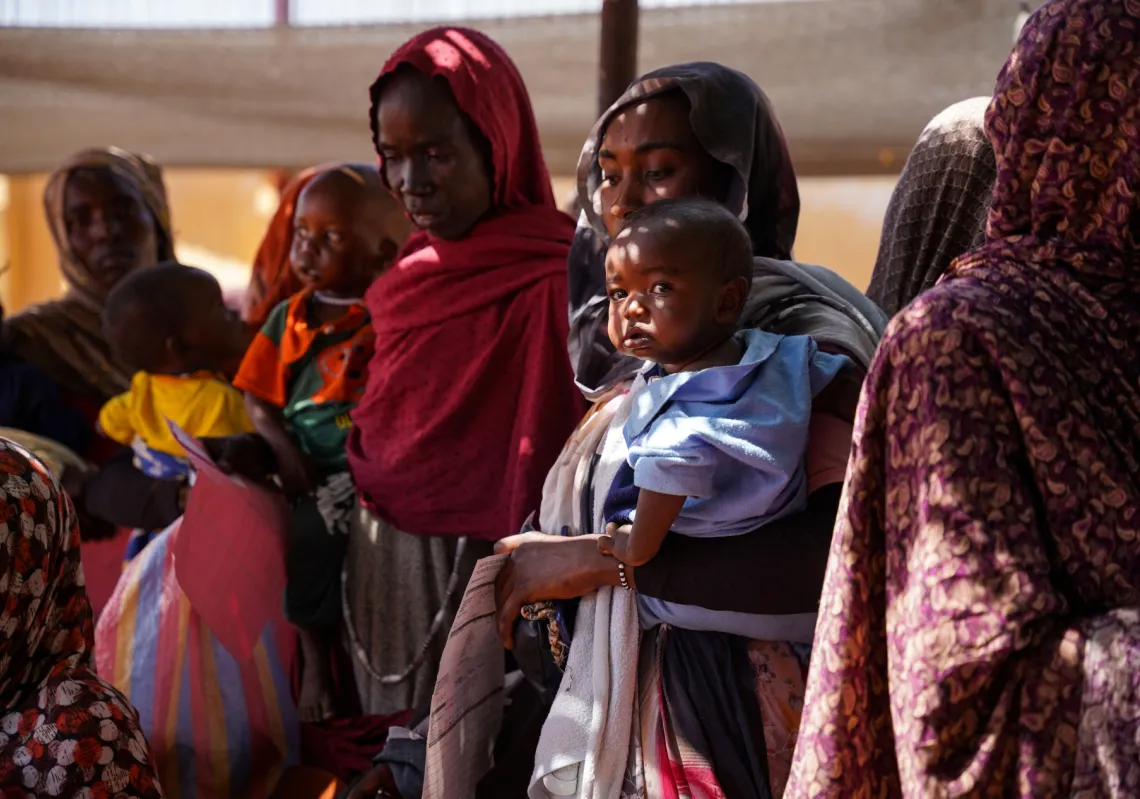A decade separates the collapse of the World Trade Organisation’s meeting in Seattle in 1999 and December’s messy climate change summit in Copenhagen. But the parallels are compelling. Both gatherings promised much and delivered little. Both exposed, rather than bridged, wide gaps between governments. And both ended in bitter recrimination.
The two events, and a string of other inconclusive international meetings in between, demonstrate how hard it is to put into action politicians’ pious commitments to multilateralism. For all the fine words about seeking common solutions to global problems, the will to achieve them remains frustratingly elusive. What has gone wrong?
Our ideas of multilateralism are still shaped by the architecture that emerged after the second world war. It was embodied in such institutions as the IMF, the World Bank and the General Agreement on Tariffs and Trade. All were designed, in different ways, to promote international order by establishing agreed frameworks of rules and conduct.
But the “old” multilateralism grew out of special, arguably unique, circumstances. Paradoxically, it took a hegemon, the US at the height of its global power, to design, promote and sustain it. Not only did the US set the agenda and keep other nations in line; it exercised constructive leadership by taking a long, and generally enlightened, view of its own interests that transcended short-term national advantage.
However, the end of the Cold War undermined both the geo-political rationale for such policies and Americans voters’ willingness to support them. Meanwhile, Europe had become an economic, if not a diplomatic, heavyweight. New economic powers, first Japan and now China, emerged to challenge US pre-eminence. High oil prices encouraged more muscular diplomacy by energy-exporting countries. And globalisation spread prosperity more widely around an inter-connected world.
But no other global leader has stepped up to replace the US. Nor is any likely to soon. The EU lacks the necessary political cohesion and clout. Neither China nor India, both preoccupied with challenges at home, wants the costs and responsibilities that leadership entails. Japan is equally reticent. In any case, none of these Asian countries would be accepted as a leader even by others in their region.
As a result, influence has been diffused among different power centres; none can bend others to its will, but the consent of all is needed to reach multilateral deals. That has set up awkward tensions between global institutions’ legitimacy, in terms of their inclusiveness, and their decision-making efficiency. Even relatively minor players can now flex muscles and thwart consensus, as happened in Copenhagen and, repeatedly, in the WTO’s troubled Doha round.
The Group of 20, which has supplanted the old G8 as the pre-eminent global economic forum, is the most recent attempt to reconcile those tensions. So far, its diverse members have hung together in the face of the economic crisis. But it is unclear whether it will prove any more effective than the G8 as a catalyst for decisive joint action once the crisis passes.
Furthermore, there is a growing reluctance among governments to submit to binding external rules. That used to be a US prerogative. Now it is increasingly widespread. It partly explains the problems in Copenhagen and in the Doha talks, where the US and EU are as unwilling to commit to legally enforceable WTO ceilings on their existing farm subsidies as developing countries are to cap their tariffs at current levels.
Perhaps the bar has just been set too high. The goals for Copenhagen were probably unrealistically ambitious, while the economic case for the Doha round always looked questionable. But if the “new” multilateralism is to become more than a pretext for empty political posturing and point-scoring, other lessons have to be learned.
One is the need to build trust. Globalisation has flattened barriers and made economies more interdependent. But politics has not kept pace. Big gaps still exist between the priorities and perceptions of different governments and the domestic constituencies they answer to. Mutual misunderstandings abound, breeding suspicions and rivalry--above all between superpowers--frustrating the quest for common ground.
A second lesson is that effective multilateralism begins at home. Hopes that big international meetings can create consensus are doomed to disappointment unless participants are seriously prepared to make the commitments needed to reach agreements – and to fight for them against domestic opposition. Of course, peer pressure can help persuade foot-draggers, though only if they are ready to be persuaded. But trying to impose solutions from the top down, when the ground below is shaky, is pointless or self-defeating.
In the absence of strong global leadership, governments need to concentrate less on creating grand overarching designs and more on building multilateralism from the bottom up. That will take time, perseverance and political courage. Success is by no means certain. But unless the effort is made, muddling through may be the only alternative.
Guy de Jonquières - Senior fellow at the European Centre for International Political Economy. He previously worked for The Financial Times.







